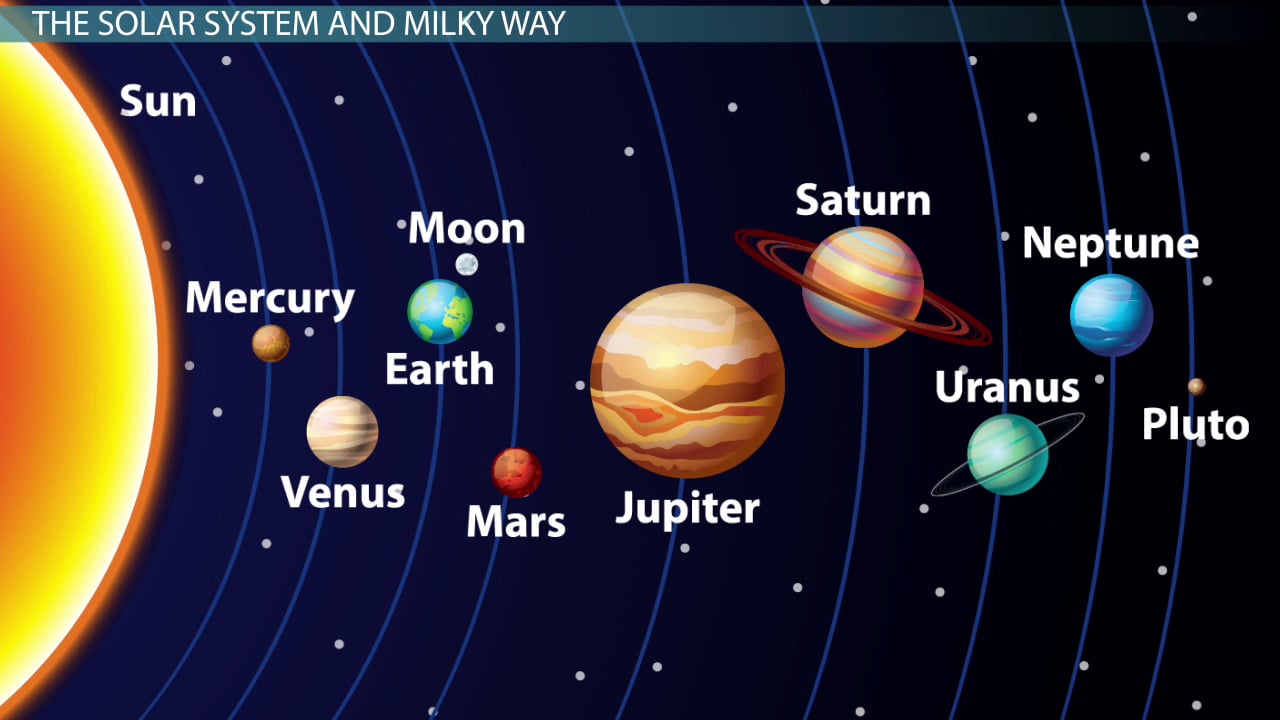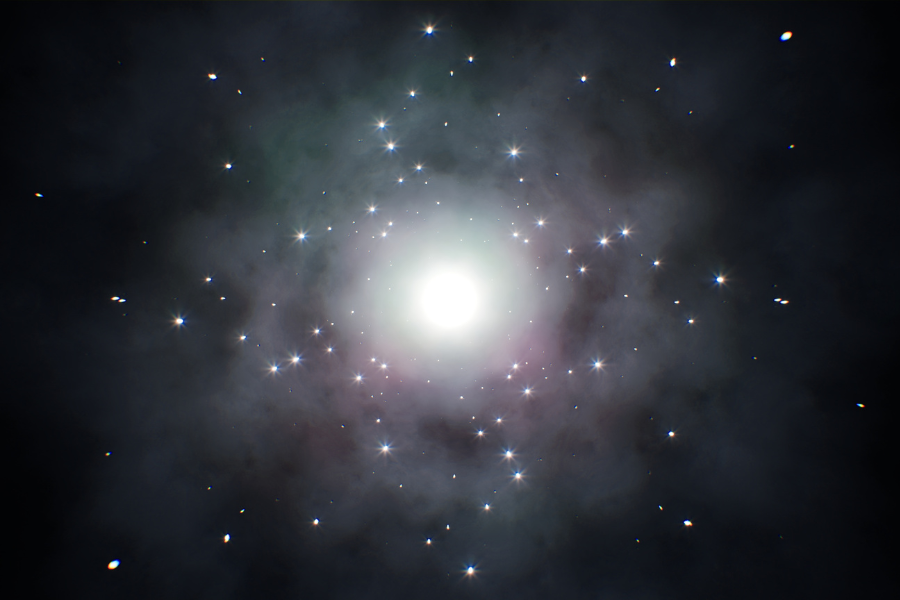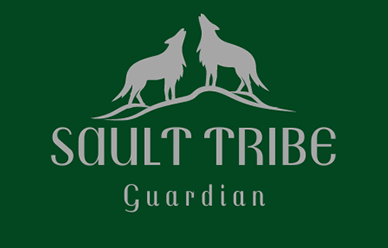
October 4 2024. World Space Week (WSW) is an annual holiday observed from October 4 to 10 in over 95 nations throughout the world. World Space Week is officially defined as "an international celebration of science and technology, and their contribution to the betterment of the human condition".[1] World Space week is organized every year by coordination of the World Space Week Association (WSWA) and the United Nations (UN).[2]. In 2024 WorldSpaceWeek.org reports that 16000 events are scheduled in 90 plus countries.
The United Nations General Assembly declared in 1999 that World Space Week will be held each year from October 4-10. These dates commemorate two events:
- October 4, 1957: Launch of the first human-made Earth satellite, Sputnik 1, thus opening the way for space exploration
- October 10, 1967: The signing of the Treaty on Principles Governing the Activities of States in the Exploration and Peaceful Uses of Outer Space, including the Moon and Other Celestial Bodies.
Where and how is World Space Week celebrated?
World Space Week consists of space education and outreach events held by space agencies, aerospace companies, schools, planetaria, museums, and astronomy clubs around the world in a common time-frame. These synchronized space events attract greater public and media attention. World Space Week 2023 achieved record scale:
- More than 16,000 events.
- Events in 83 nations.
World Space Week is coordinated by the United Nations with the support of the World Space Week Association (WSWA). The WSWA leads a global team of National Coordinators, who promote the celebration of World Space Week within their own countries.
What are the goals of World Space Week?
- Provide unique leverage in space outreach and education.
- Educate people around the world about the benefits that they receive from space.
- Encourage greater use of space for sustainable economic development.
- Demonstrate public support for space programs.
- Excite young people about science, technology, engineering, and math.
- Foster international cooperation in space outreach and education.
First Nations Tribal Communities and Non-Profits that wish to provide a well rounded education for their members are encouraged to join the celebrations and plan events for 2025.
Enrolled Tribal Members are encouraged to reach out to their tribes to request that their educational departments join in this annual global celebration or apply to be a National Coordinator.
As a National Coordinator, you are not alone. World Space Week Association (WSWA) provides comprehensive support, including training in areas such as event planning and media outreach. They offer promotional materials, supplying posters in print and making them available digitally, in addition to educational resources and media kits.
Your Impact:
Your contribution as a National Coordinator is instrumental in celebrating the wonders of space and science, inspiring communities, and nurturing future generations of space enthusiasts. Through your leadership, you’ll bring the universe a little closer to home, sparking curiosity and wonder. To learn more reach out to nc@worldspaceweek.org.
Tribes have to be involved if they wish to have their spiritual beliefs honored and considered in future treaties that focus on the Exploration and Peaceful Uses of Outer Space, including the Moon and Other Celestial Bodies.
Spirituality and Science do not operate in a vacuum, they support each other.
Tribal Members in the United States and Canada are encouraged to contribute to the growth of this celebration on their reservations or reserves.



